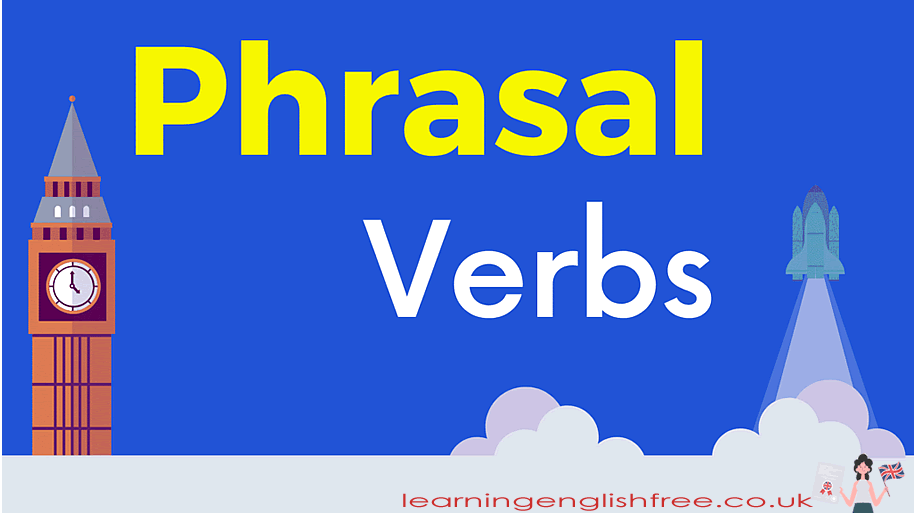
Jumping into Action: Understanding Phrasal Verbs Starting with "J"
Introduction
Phrasal verbs are a dynamic component of the English language, offering a way to convey actions and ideas through the combination of verbs with prepositions or adverbs. While phrasal verbs beginning with the letter "J" are not as numerous as those starting with other letters, they play a crucial role in everyday English communication. This lesson aims to shed light on these expressions, enhancing your vocabulary and enabling you to use them effectively in various contexts. By the end of this guide, you'll be better equipped to incorporate these phrasal verbs into your spoken and written English, enriching your language skills.
-
Join in: To participate or become involved in an activity.
- Example: Don't hesitate to join in the discussion.
-
Join up: To enroll, especially in the military; can also mean connecting.
- Example: He decided to join up after finishing college.
-
Jump at: To eagerly accept an offer or opportunity.
- Example: She jumped at the chance to study abroad.
-
Jump in: To interrupt or enter a conversation or situation hastily.
- Example: Sorry to jump in, but I have some thoughts on this matter.
-
Jump on: To quickly criticize or attack someone verbally.
- Example: They jumped on him for his controversial remarks.
-
Jump out: To suddenly become obvious or noticeable.
- Example: The answer jumped out at me after taking a break.
-
Jump over: To overcome an obstacle or difficulty.
- Example: We need to jump over several hurdles to get this project approved.
-
Jump to: To hastily make a conclusion or decision without all the facts.
- Example: Let's not jump to conclusions before we have all the information.
Given the limited number of phrasal verbs starting with "J" that are commonly used and recognized, this list encapsulates the core expressions that ESL learners are most likely to encounter and find useful in their studies and everyday English usage. Each of these verbs highlights the versatility of English phrasal verbs and their importance in achieving fluency and expressive precision. Continue to practice these phrases in context, and you'll find your comfort and proficiency with the English language significantly enhanced.
